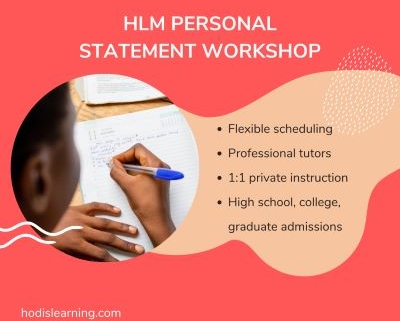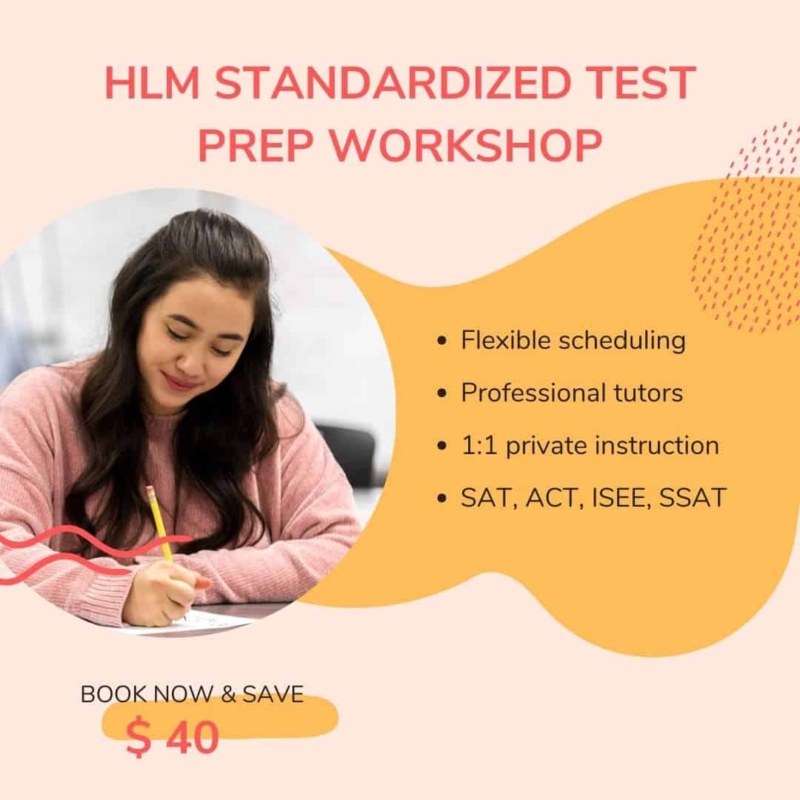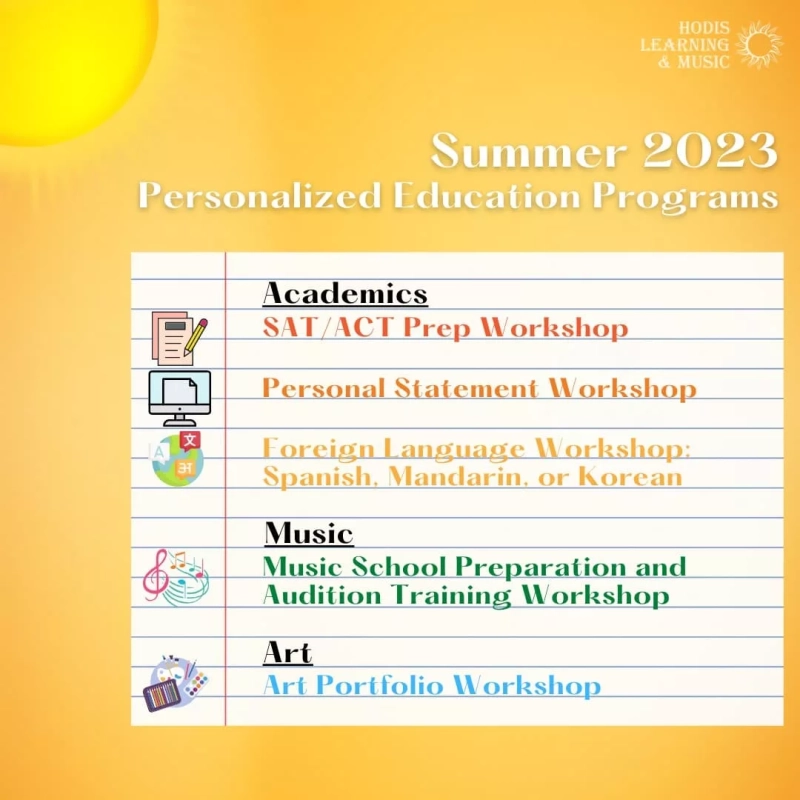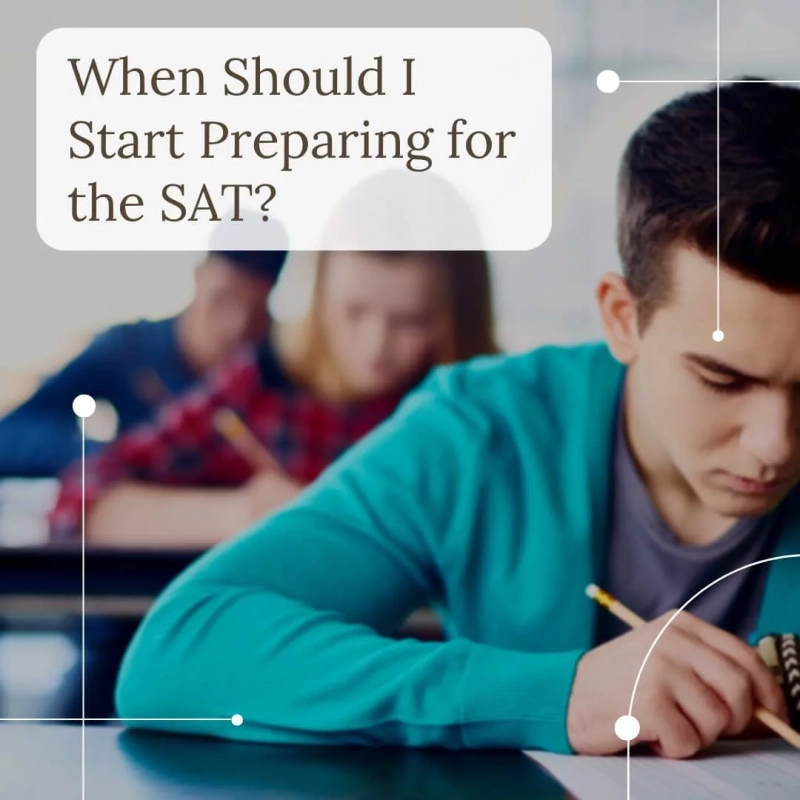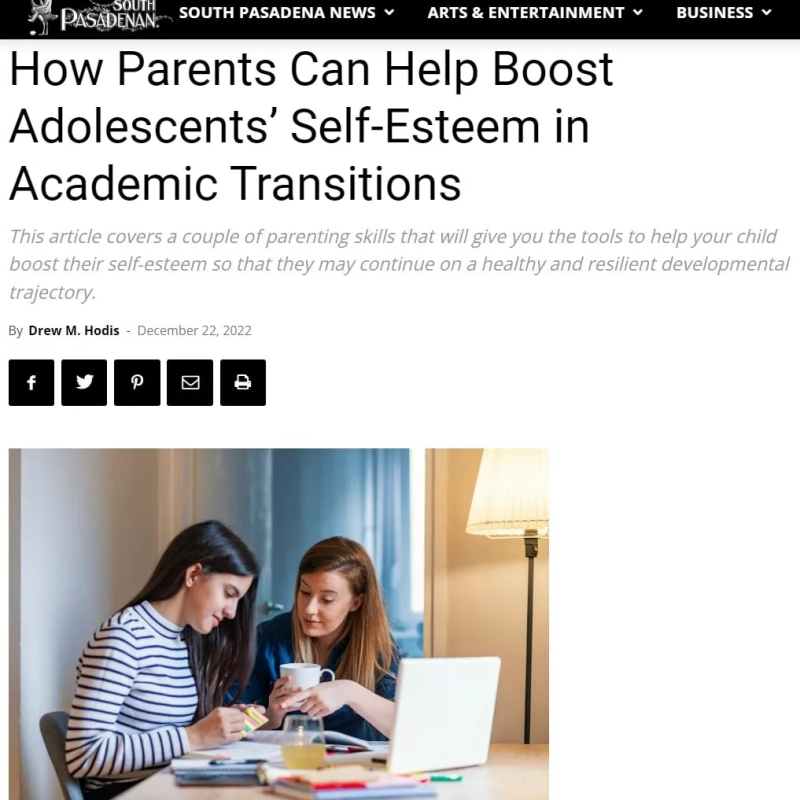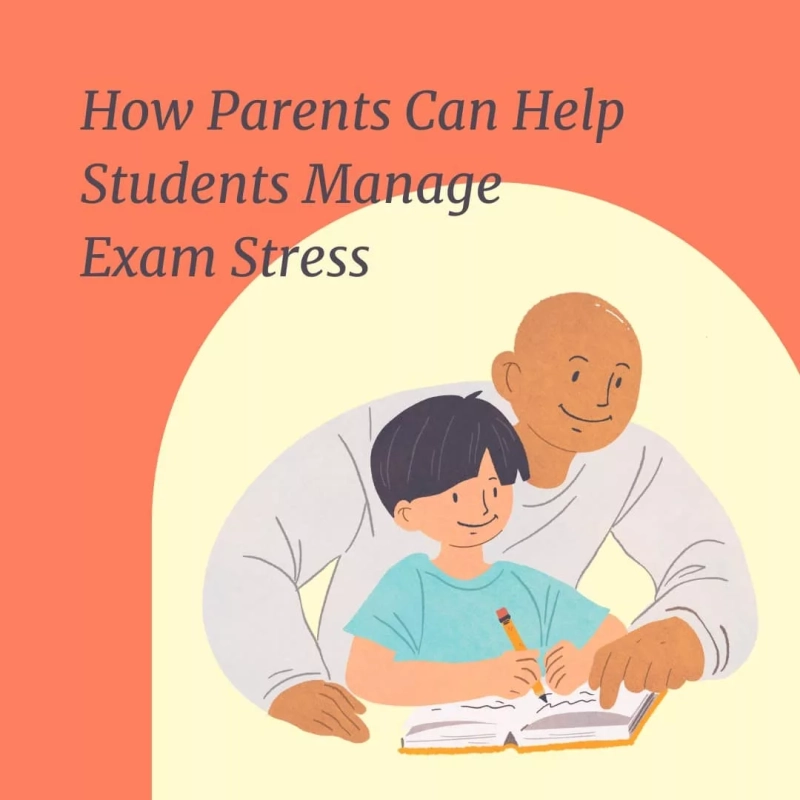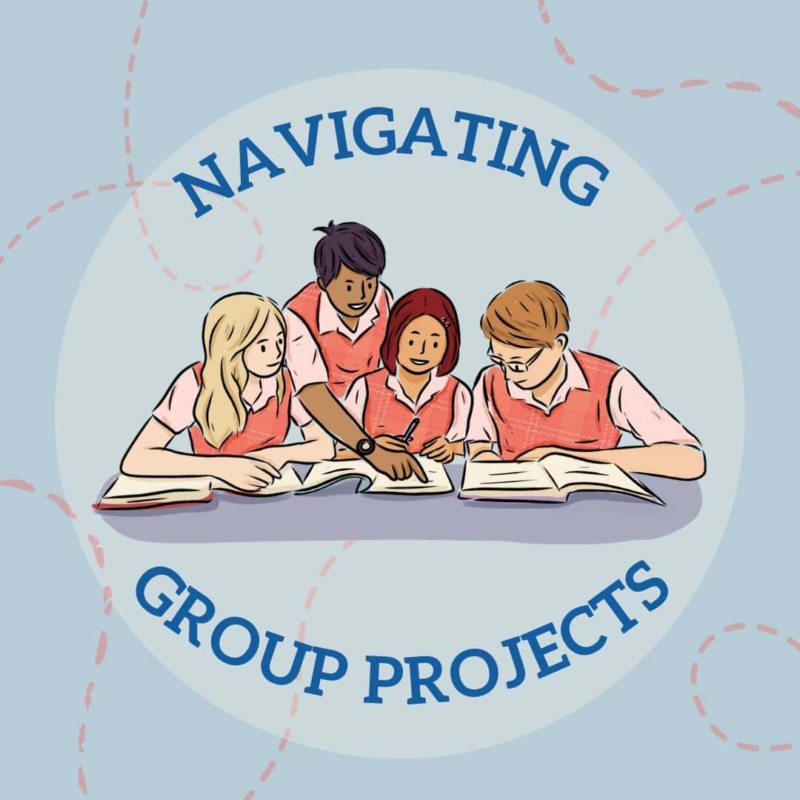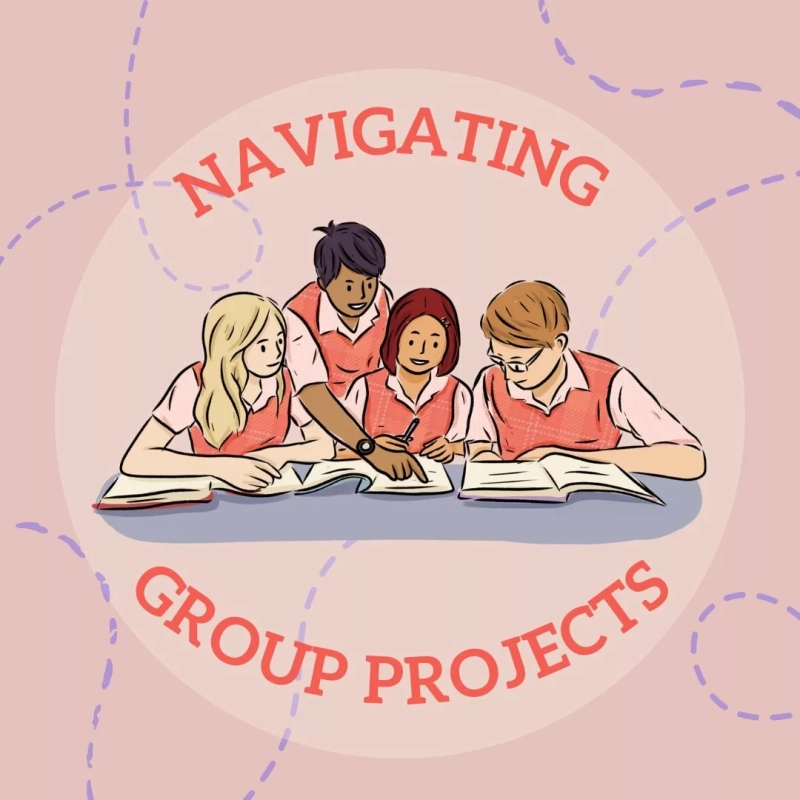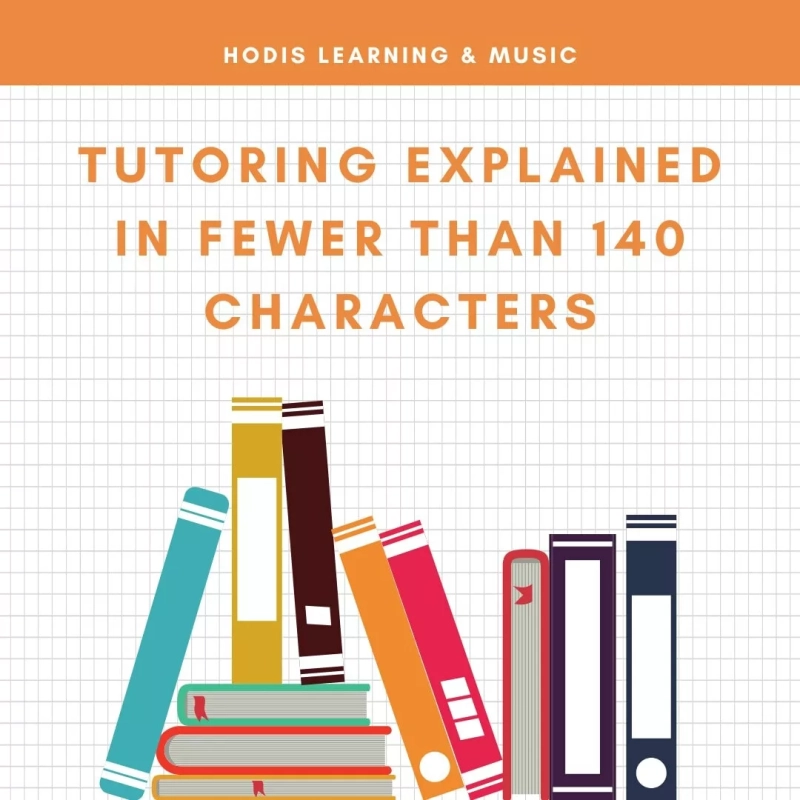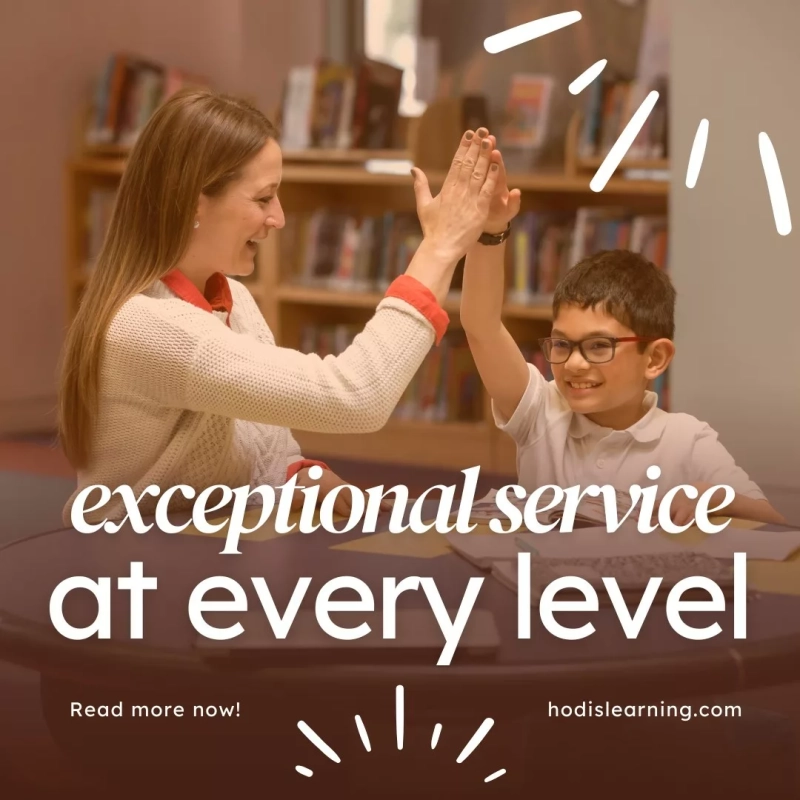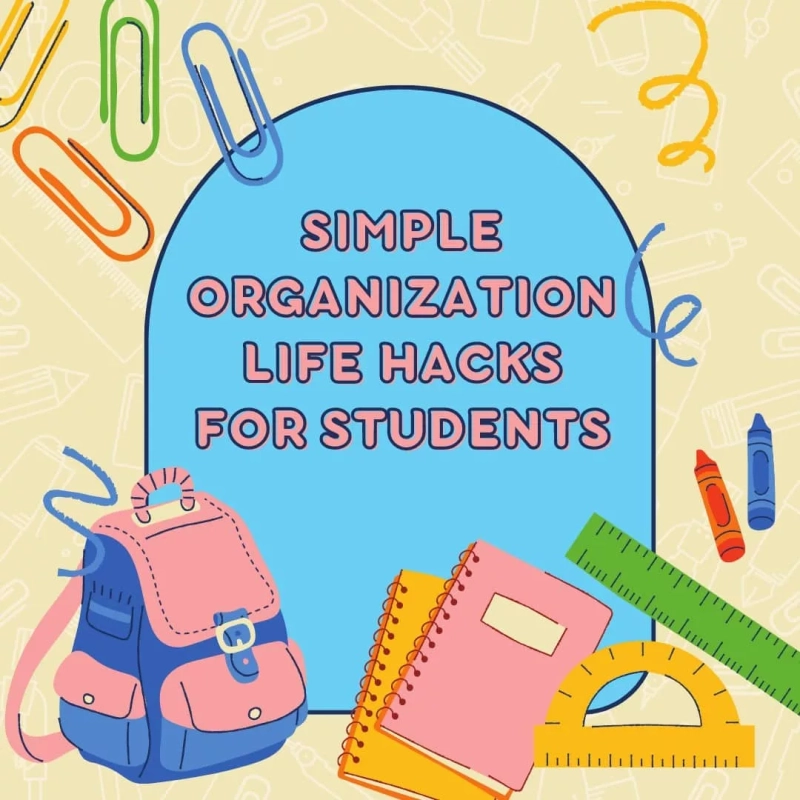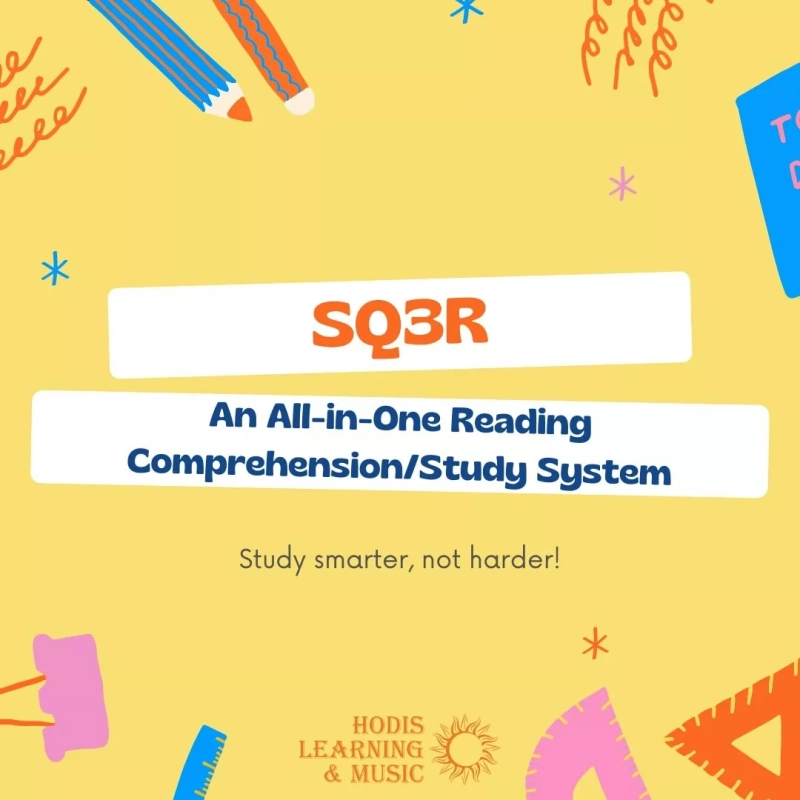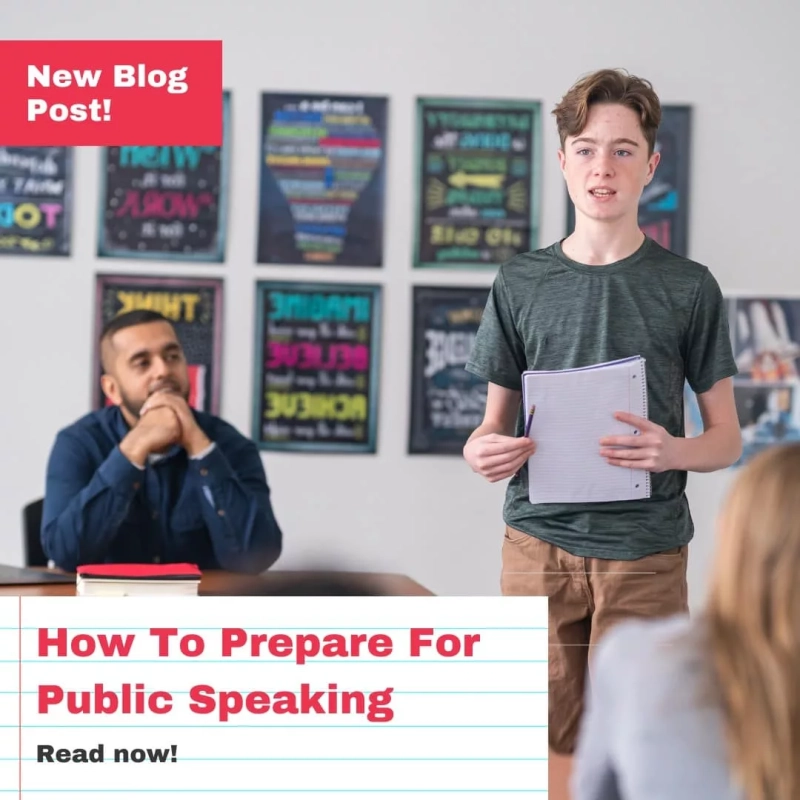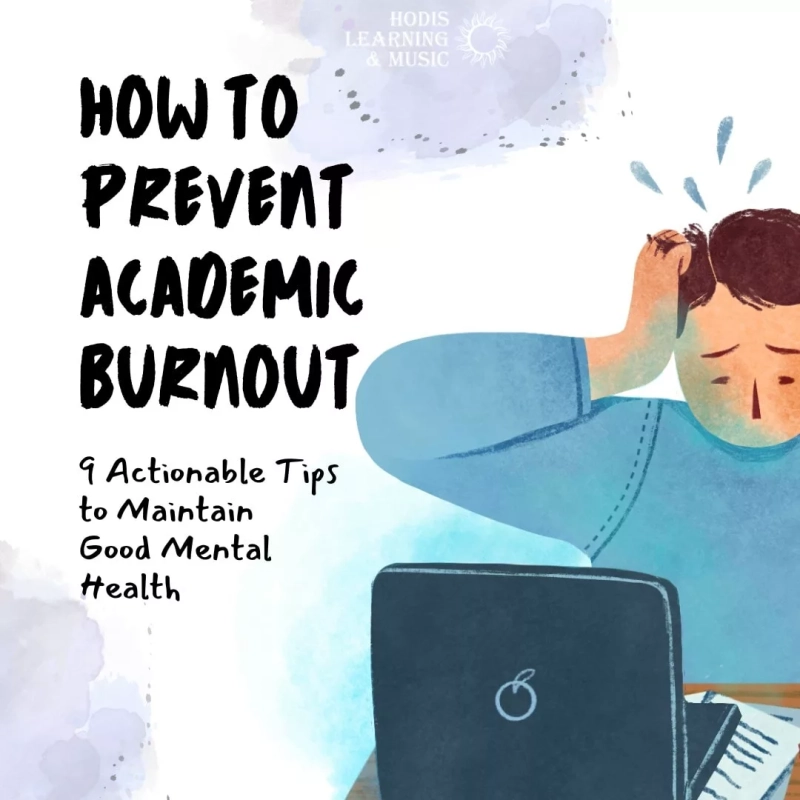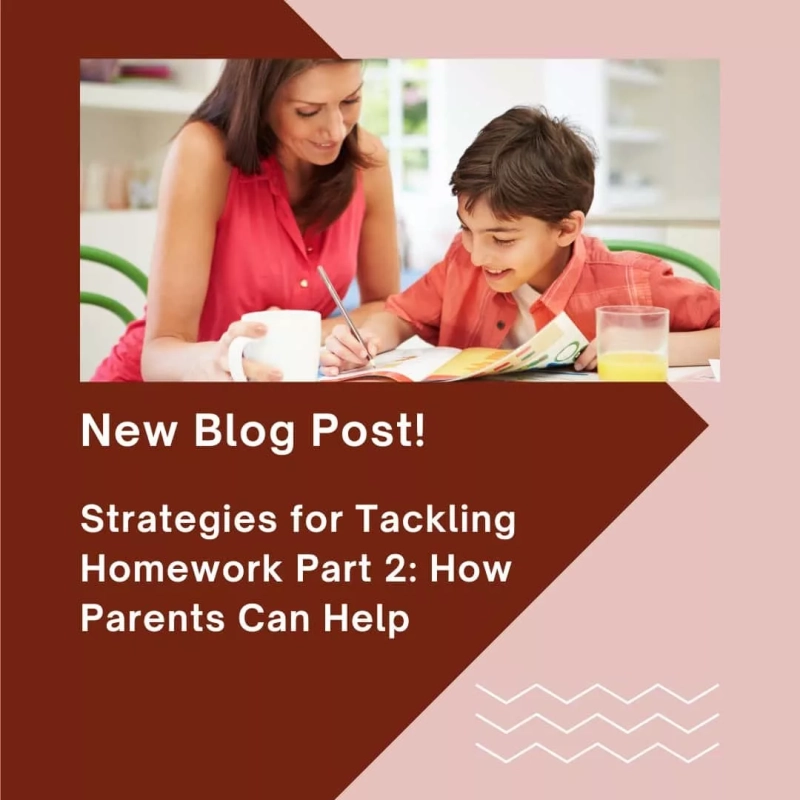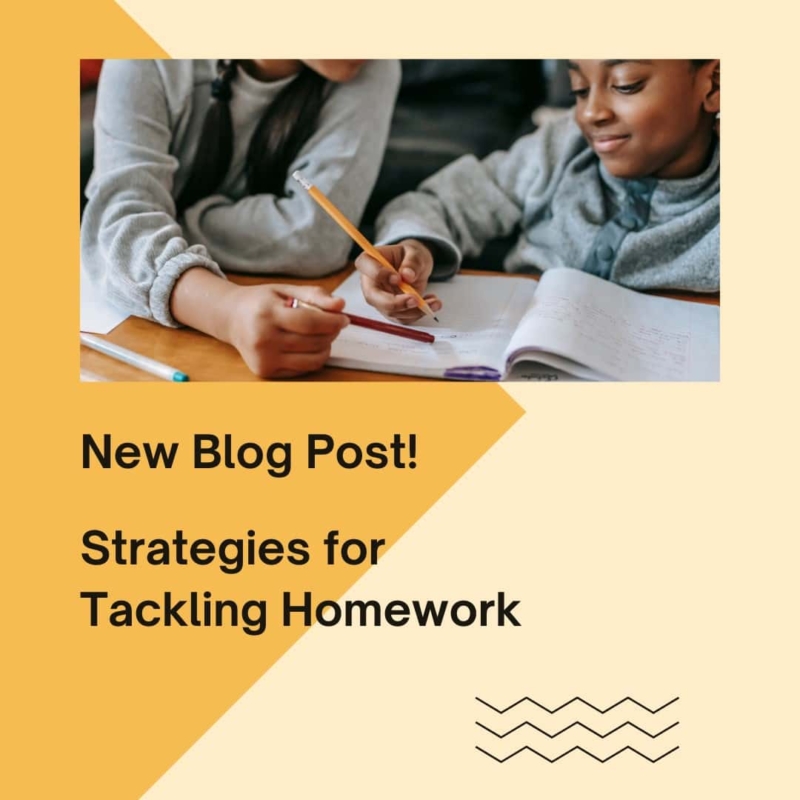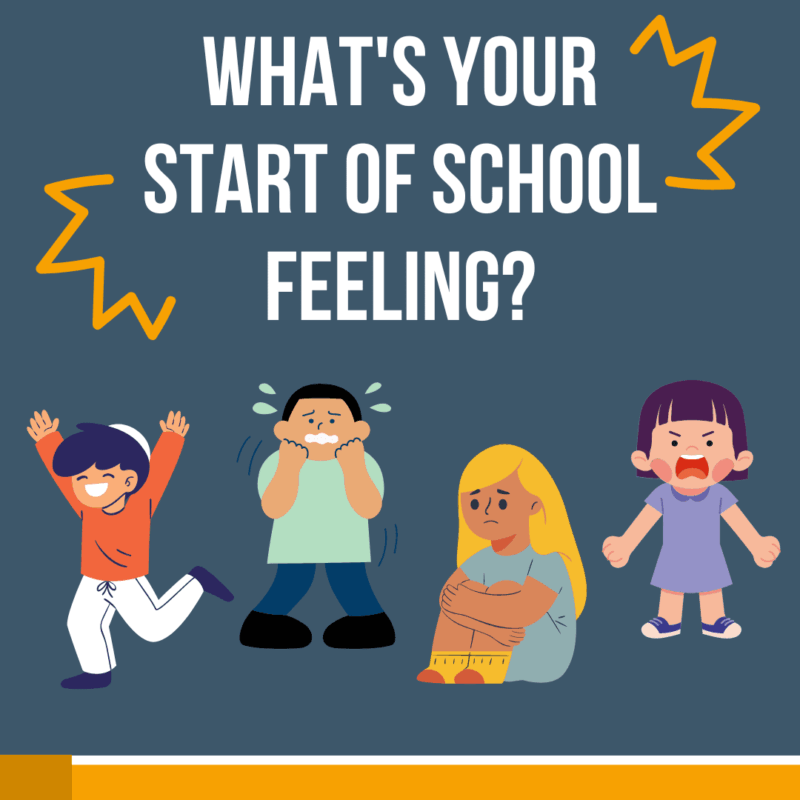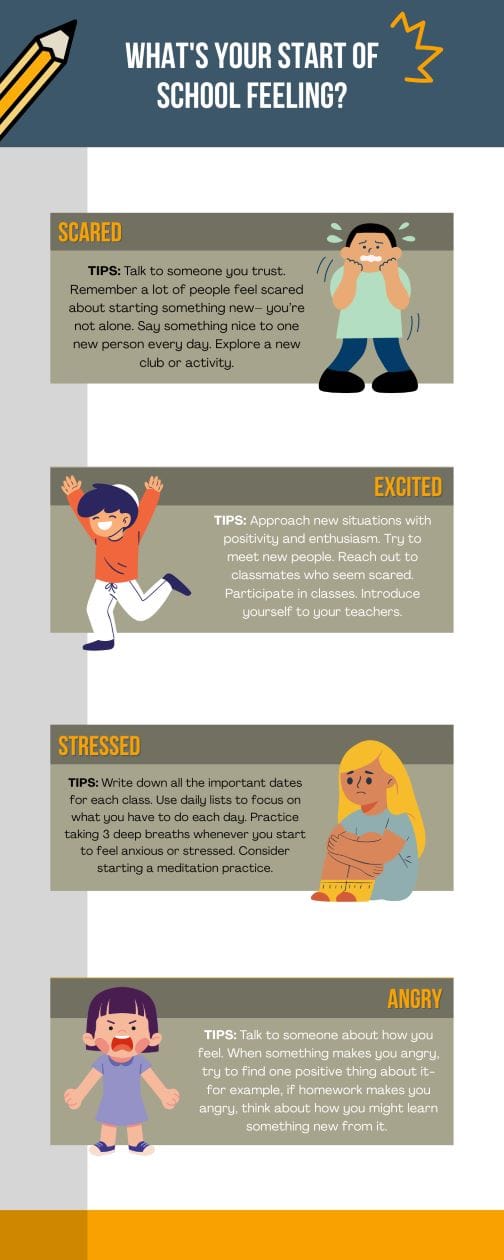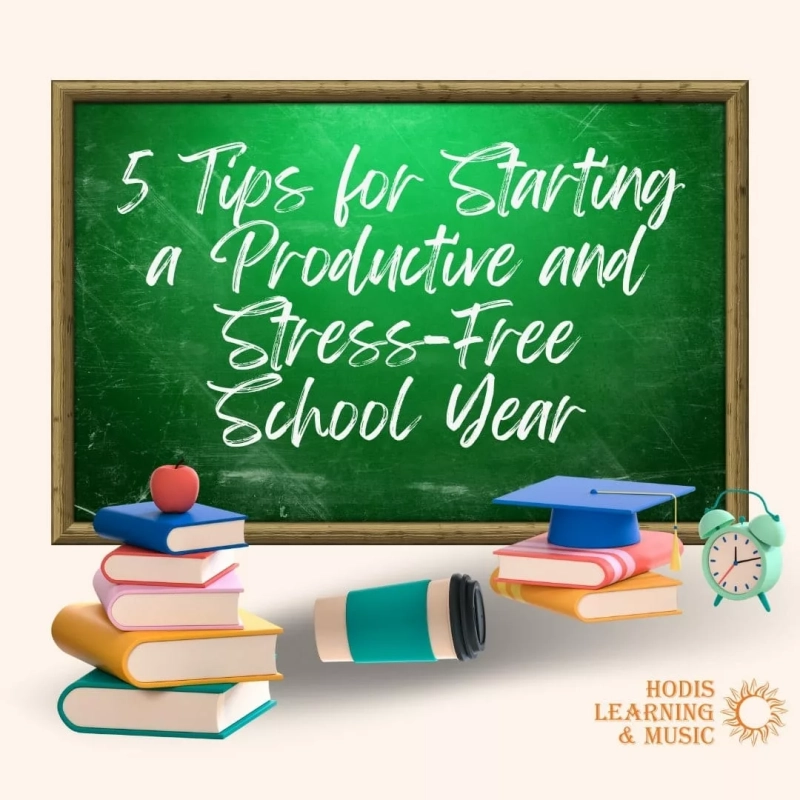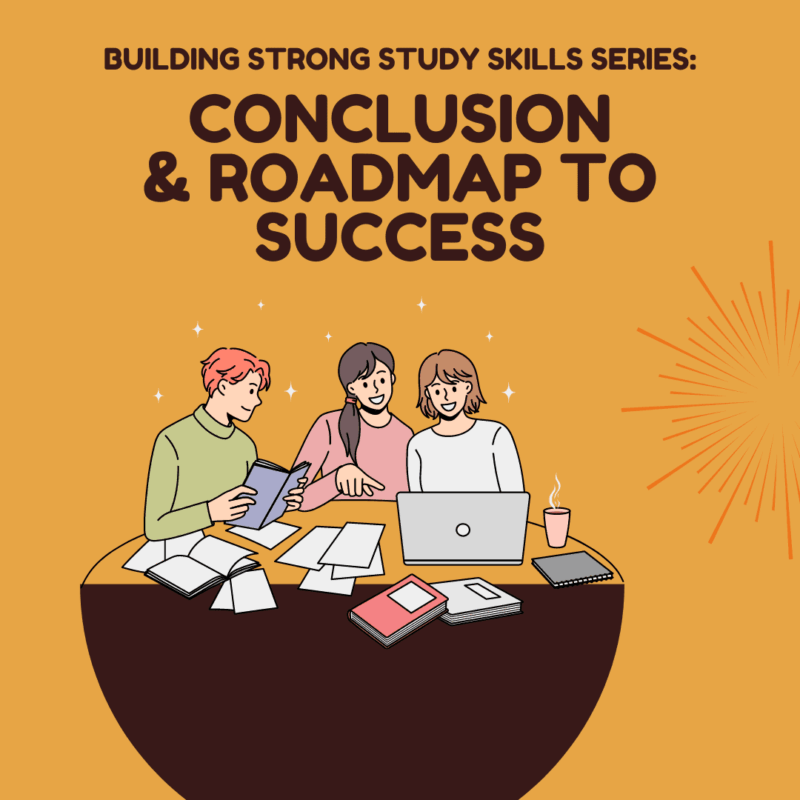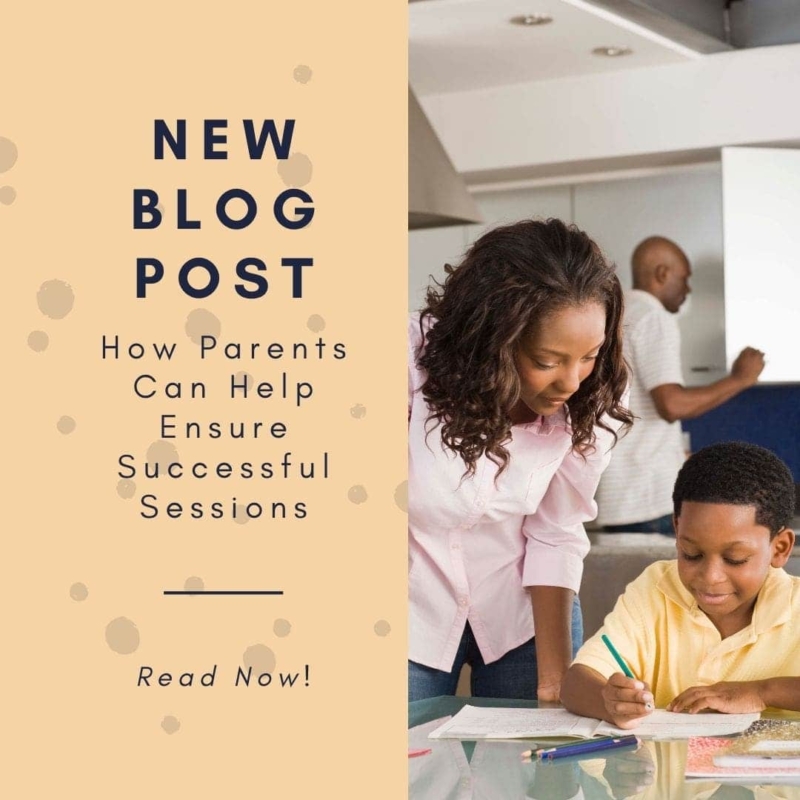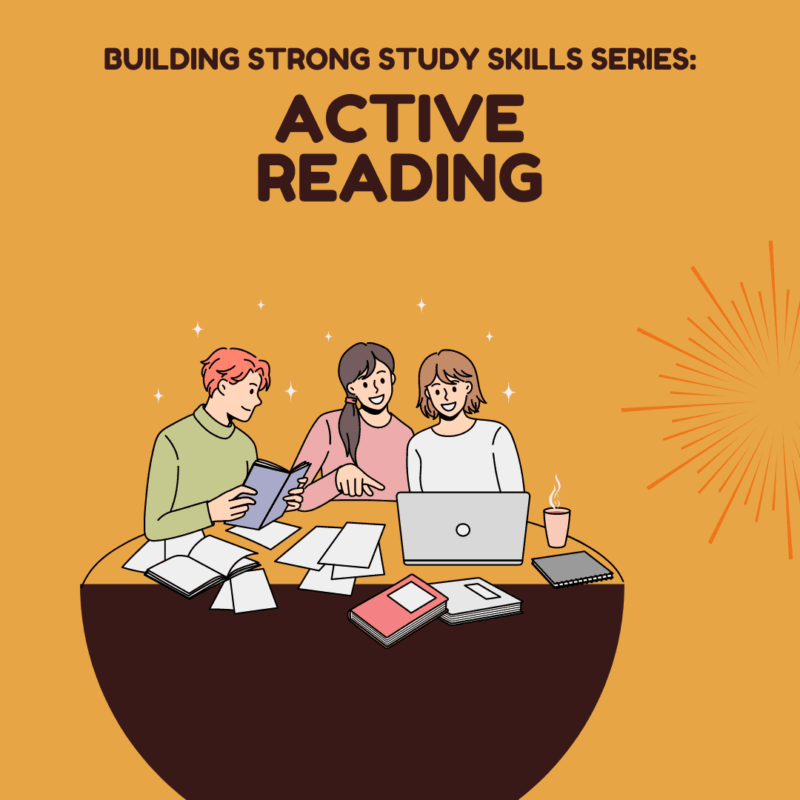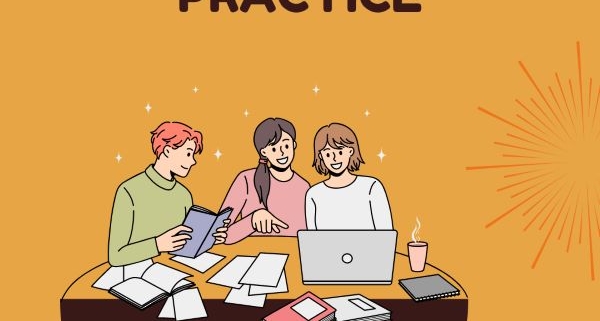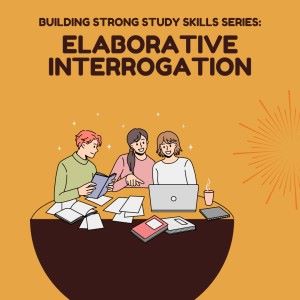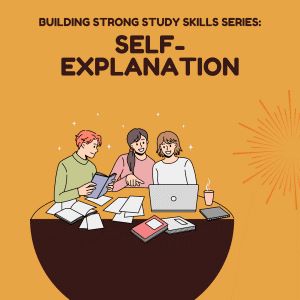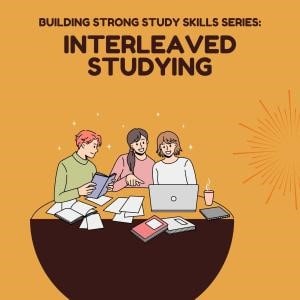Ah, homework. An inevitable, but often unenjoyable, part of school. While many students (and perhaps even parents) dread homework, it is an important part of your student’s education. Read on to learn strategies for tackling homework. If you’re a student, read this article instead.
What’s the Point of Homework, Anyways?
Homework should, ideally, reinforce concepts that students learn in class. In some cases, homework might prepare them for upcoming exams or test their knowledge in preparation for a reinforcement lesson or new, upcoming lessons.
Homework also serves as a tool for students to develop life skills. Some of these skills include managing time, following directions, completing assignments with a deadline, and applying knowledge. All of these skills will be necessary later on in their professional and personal lives.
Strategies for Helping Your Student Tackle Homework
1. Keep the above notes in mind; remember, homework is a tool to help your student learn concepts and gain valuable life skills. Gently remind them of these things when they are reluctant or resistant to working, and encourage positivity. A positive attitude even in the face of unenjoyable tasks will help with homework and beyond.
2. Provide a focused working environment for your student, when possible. Have a desk or table in a quiet room where they won’t be interrupted. If your student must do work in a communal room, encourage other family members to stay out or stay quiet. Consider even setting up quiet time for the whole family to do work for a couple of hours. If that isn’t possible, take your student to a library to focus and do work, or recommend they go on their own if they are old enough.
Keep TVs and music off, cell phones away, or remind them to turn those things off if you notice them. Limit time spent on a computer, or set up apps to limit distractions like Forest, Freedom, or RescueTime.
3. If your student routinely struggles with completing homework on time, consider a system where you can check their upcoming assignments and hold them accountable. Encourage them to use a planner, calendar, or checklist to track assignments, even if they are all available online. It’s important for your student to build new, more effective habits and keep track of all deadlines and assignments in one place. Writing things down physically is also helpful for retaining information.
4. Set a timer for your student to focus on one assignment, or encourage them to do so on their own. Depending on your student, this could be anywhere from 20-45 minutes. Make sure they are completely uninterrupted during that time. Offer to hold onto cell phones, tablets, headphones, and any other distractions during the set time frame. Have small breaks after each assignment time (about 5-10 minutes), then repeat the process for the next assignment.
5. Make sure you or your student notes the problems or questions they struggle with the most or are unable to complete. While it is important for your student to complete their homework, it doesn’t help them to guess or simply fill in answers if they don’t understand how to arrive at the solution.
Once they have noted the problems or questions they struggled with, encourage them to ask their teacher for help or clarification. If the assignment is incomplete, and the student wants help before submitting it for grading, make sure they meet with their teacher prior to the submission time. They might need to schedule time to meet before school, or even a few days before the due date.
If they are unable to meet before the assignment is due, encourage them to complete the assignment to the best of their ability, and make note of the challenging questions. When the assignment is returned, make sure they set up time to meet with their teacher outside of class to go over the assignment and get clarification. If the teacher doesn’t return a homework assignment and only submits a grade, it is even more important for your student to communicate with their teacher and set up a time to go over the challenging problems.
If your student is too young to do this, consider setting up a meeting with the teacher yourself. While teachers, particularly in lower grade levels, should be proactive about notifying parents when they see a student struggling, it is always helpful to be aware of your student’s challenges and work habits, and create a dialogue with their teacher.
Consider Hiring a Tutor
If your student is still struggling with homework, consider hiring a tutor. Tutors can help students understand concepts and even offer helpful tips and tricks for specific problems. They are experts in their field and are familiar with subject material, so you don’t have to rack your brain to remember Algebra 1 or middle school Biology. Tutors can also teach time management and organization skills that will help your student with homework and beyond. Some students might even be more disciplined and receptive to feedback when working with someone who isn’t family.
Hodis Learning & Music tutors and expert educators are ready to help your student tackle homework this year! Give us a call or email us to get started.


